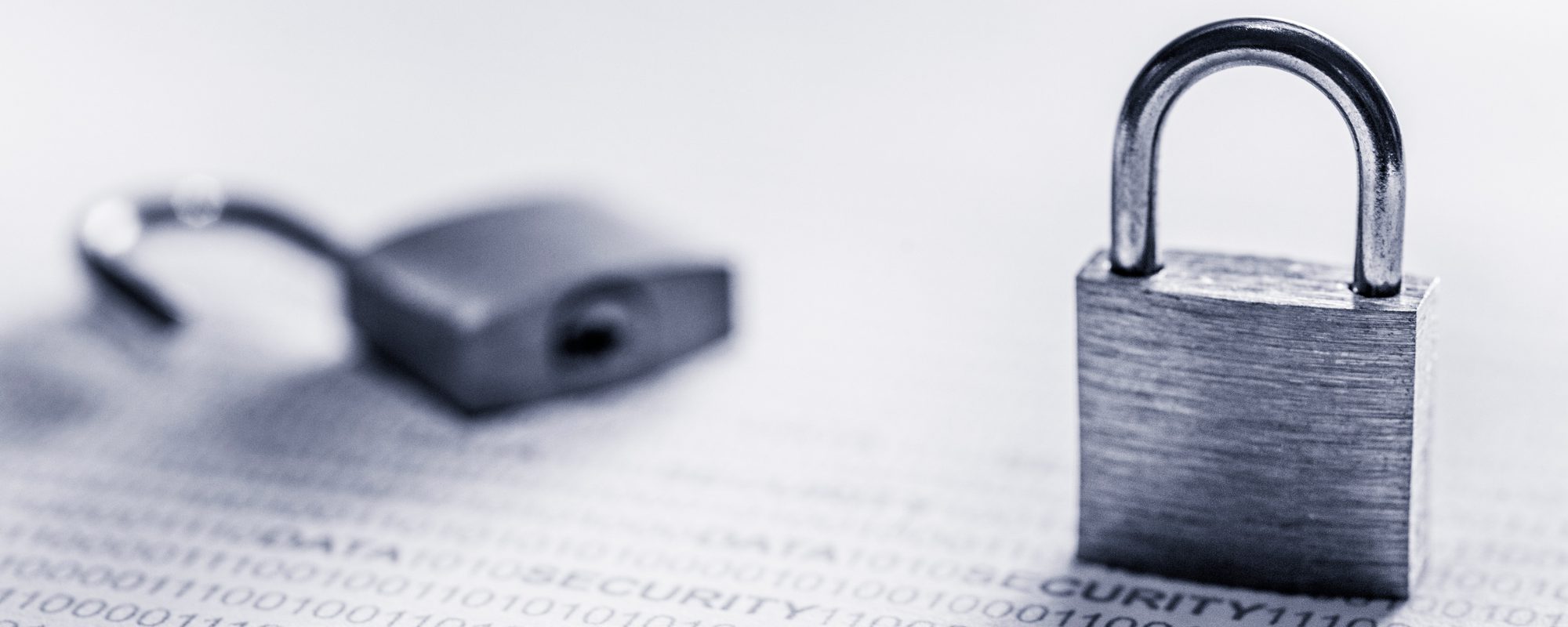Healthcare Data Security
What do you need to know about data security in healthcare? Why is data security important?
There are many different industries that need to prioritize preserving the integrity of their client’s private information. Banks, for example, make securing personal data a top priority to protect the assets their customers have entrusted to them. Colleges and universities have also adopted similar types of data security practices to prevent a student’s account from being hacked.
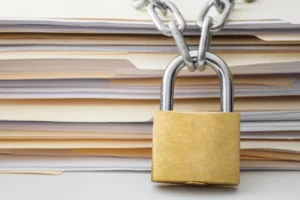
Preserving sensitive information has taken precedence as the number of data breaches continue to rise. This is especially true in the healthcare industry.
Ensuring data is protected in healthcare is more important now than ever as the cyber criminal’s quest for Protected Health Information (PHI) surges. In fact, over 300 healthcare data breaches of 500 records or more were reported from January to June of this year.
Data Breach

Healthcare entities download valuable patient data onto their electronic systems everyday. PHI, for example, contains identifiable factors unique to that patient- such as their name, initials, DOB, or SSN. This identifiable data is a digital fingerprint for patients and customers. If this data is not properly secured, it becomes highly susceptible to a data breach.
What is a Data Breach?
A data breach occurs when unauthorized personnel obtain, access, or steal information that is meant to be kept private. While data breaches can occur in any industry where confidential information is stored, it is particularly dangerous in a healthcare setting. Even with advanced security systems, data breaches happen everyday, and have recently been executed on much larger scales.
Data Breach Statistics in Healthcare (2011-2022)
The top twenty largest recorded data breaches of the last decade have affected nearly 180 million people. Hacking or IT incidents accounted for 80% of those breaches.

In 2020 alone, hacking/IT incidents were the reason for over 400 reported data breaches. It is the number one cause of compromised health information in the healthcare industry. Healthcare data systems are often hacked because of poor IT security. Overlooking valuable assets when protecting PHI, such as a HIPAA compliant email service, can have drastic consequences.
Examples of Healthcare Data Breaches
In 2015, an insurance provider based in Indiana reported the largest data breach ever reordered. After their servers were hacked, nearly 80 million records containing identifiable information were compromised due to unauthorized access. Affected patients faced potential for identity theft, bank account hacking, and even had their personal information sold on The Black Market.
The insurance company paid a record $115 million in settlements, the largest ever recorded for a data breach. The company claimed that they had fallen victim to a “sophisticated” cyber attack. However, it could have easily been prevented if they had encrypted their data.
Data encryption is a complex method of de-identifying patient health information. It uses an algorithm to strip data of its identifiable factors. Encryption data is far more secure than encoding data as it cannot be decoded or reversed without the key.
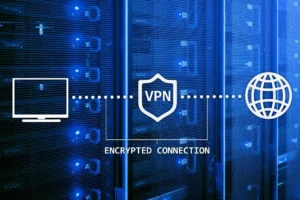
Protecting data through encryption is one of the most successful methods of information security. This is because it ensures that only authorized personnel are accessing that data.
Data Security Issues in Healthcare
Digital technology has significantly expedited and improved the care process. For example, patients can directly communicate with their provider via email to request records and discuss treatment. However, if not properly secured, these convenient features can often lead to serious complications.
Cyberattacks
As industries turned in a digital direction, a new wave of criminals immersed… hackers. These cyber-based criminals navigate through complex security walls and online defense systems to gain access to confidential information. Instead of breaking into buildings and shimmying locks, hackers obtain valuable information by targeting a cyber security system’s weak points.

PHI is a valuable form of currency to hackers. Medical records can be sold on The Black Market for 50 times more than personal financial information. There are many different kinds of cyberattacks. However the most common is phishing emails.
Phishing Emails
In 2020, nearly half of data breaches occurred from an email source. Additionally, there has been a 41% increase in email-based data breaches since 2012.
All of these drastic increases in hacking incidents are likely due to phishing emails. These types of cyberattacks trick the receiver into thinking they are a legitimate, reliable institution. Then, they convince the receiver to provide confidential information, and ultimately use it for financial gain.
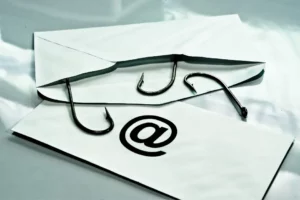
It is estimated that 1 billion phishing emails containing malicious software are sent out everyday. A typical phishing email is fairly easy to spot.
They will often present with a sense of urgency in the subject line or body. Phrases like “Urgent Attention Required,” or “Take Action Now” are common. Hackers may also offer you special prizes, ask you to complete a survey, or request personal information.
One way to protect sensitive data from cyberattacks is to use a HIPAA compliant, encrypted email service. HIPAA requires CE’s to take proper security measures to protect patient records.
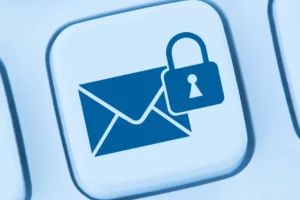
Using a personal, unprotected email address to send and receive PHI puts you at risk of a data breach. Email communication, whether on a desktop, mobile device, or tablet, should be sent with a secure email service. These security rules are enforced by HIPAA to safeguard patient health information and decrease your risk of a detrimental data breach.
How to Prevent Data Breaches in Healthcare
Cyberattacks such as phishing emails and hacking incidents have risen to unprecedented heights, posing security risks for both patients and providers. The staggering research regarding these types of cyberattacks proves just how dangerous it can be to improperly secure sensitive information. Access controls and data masking through encryption are essential when preventing data breaches in healthcare.
Using a HIPAA compliant email and encrypting your data adds a crucial layer of protection to a patient’s valuable data. HIPAA compliant emails verify the sender’s identity to prevent hacking incidents. Encrypting data will de-identify patient health information with a complex algorithm.
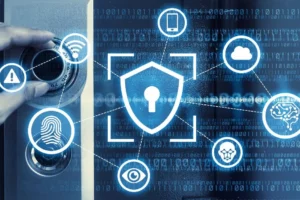
Enterprise Guardian® is a healthcare data security company committed to preserving confidential information through advanced security practices. We understand how important it is to maintain HIPAA compliance, especially in your email account. If you are looking for the best HIPAA compliant email security service and data encryption platform, call our office today!

